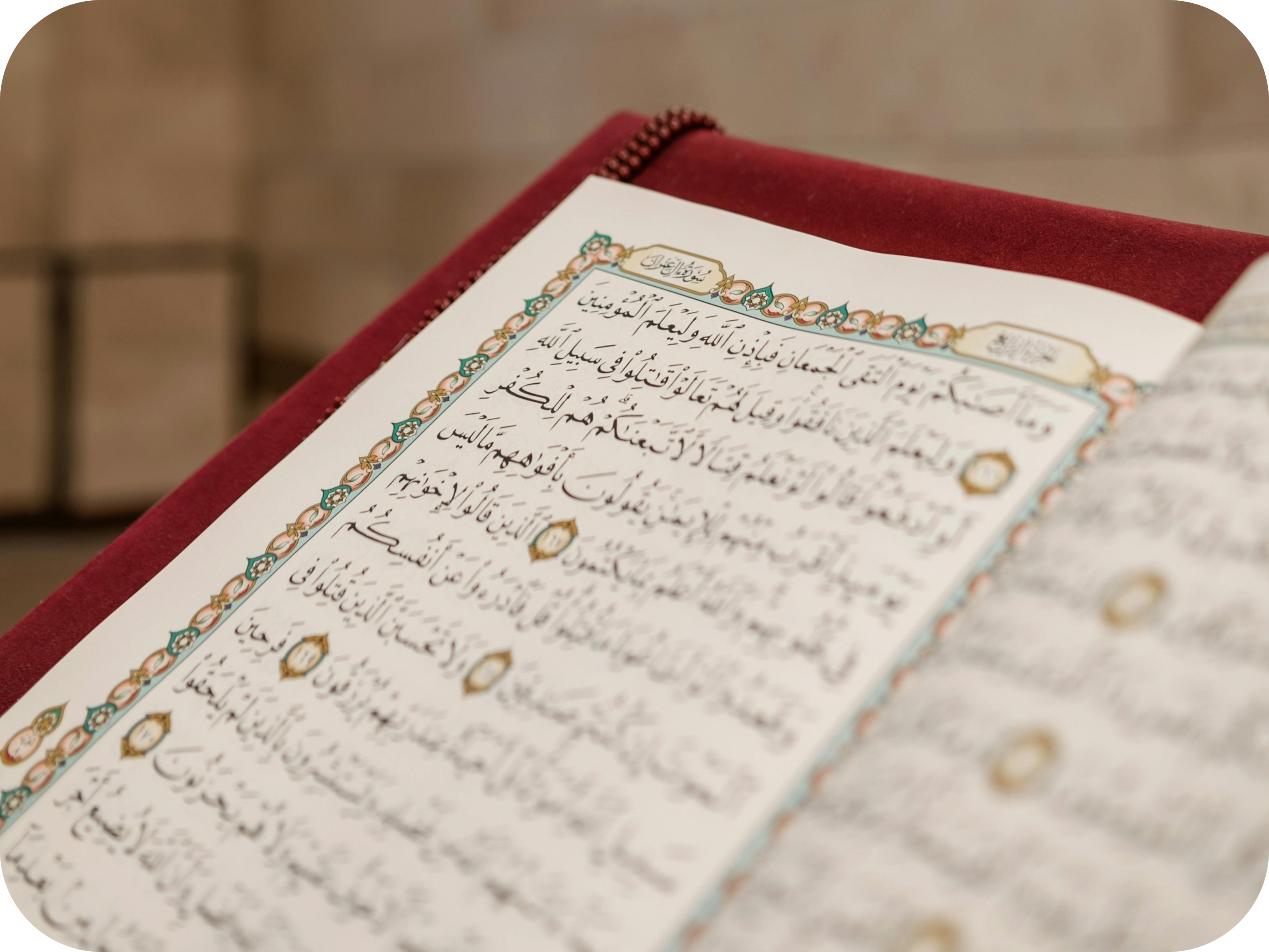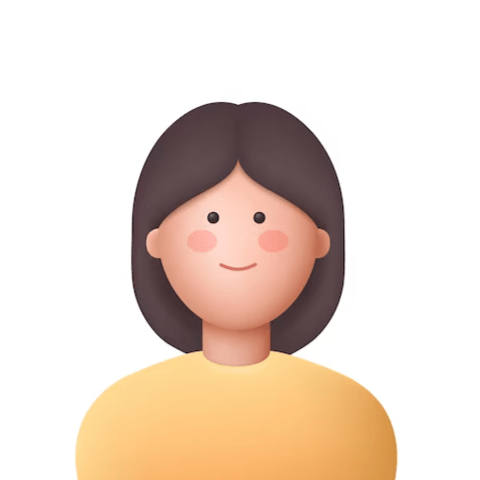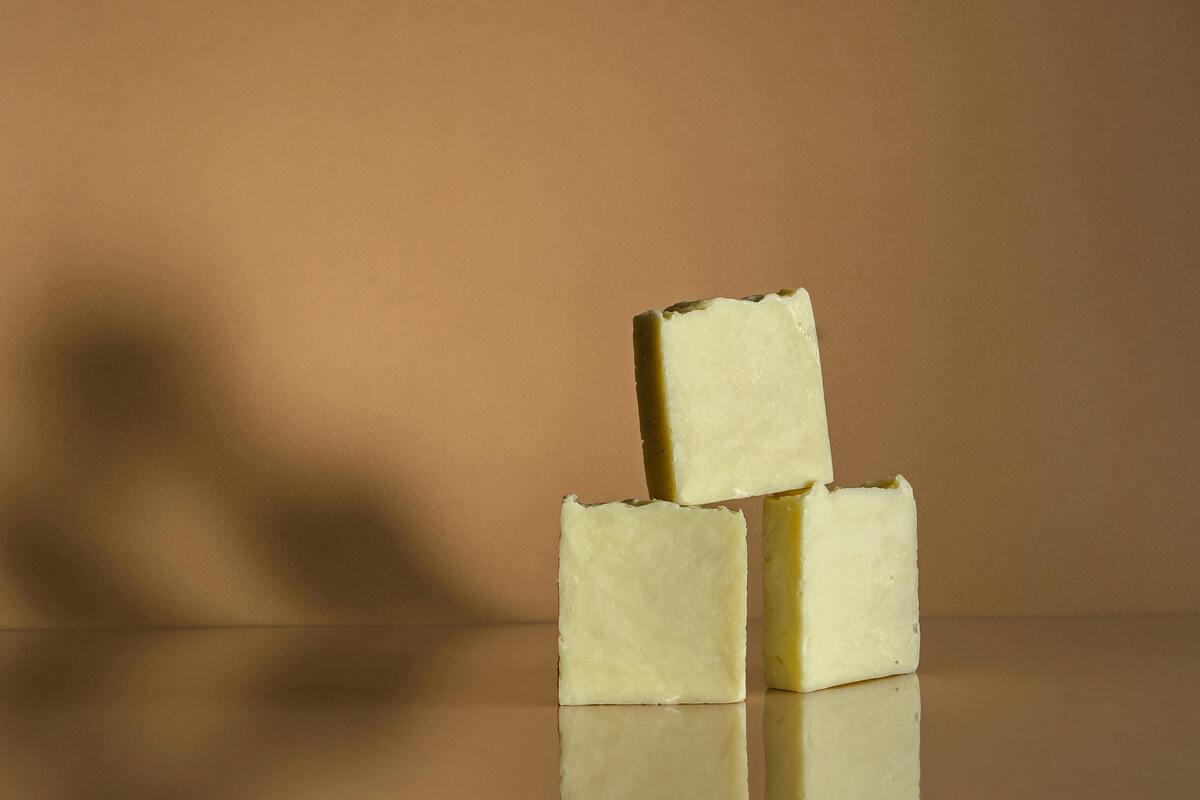Islam is built on five fundamental principles, known as the Five Pillars of Islam. These pillars guide a Muslim’s faith and practice. Among these, the Shahada holds a unique place. It is the foundation of belief and the very first pillar. Shahada is more than just a declaration; it is the essence of what it means to be a Muslim.
In this blog, we will explore the meaning, importance, and role of Shahada in Islam.
What is Shahada in Islam?
The Shahada is a simple yet profound statement.
أَشْهَدُ أَنْ لَا إِلَٰهَ إِلَّا ٱللَّٰهُ وَأَشْهَدُ أَنَّ مُحَمَّدًا رَسُولُ ٱللَّٰهِ
In Arabic, it reads:
"Ashhadu an la ilaha illallah wa ashhadu anna Muhammadur Rasulullah."
This translates to:
"I bear witness that there is no god but Allah, and I bear witness that Muhammad is the Messenger of Allah."
The word “Shahada” means “testimony” or “witness”. It represents a Muslim’s acknowledgement of their faith. The Shahada is not just words; it is a commitment to believe and live by the principles of Islam.
The Two Statements in Shahada

The Shahada is based on two statements, let's understand each one of them separately.
"La ilaha illallah" – The Declaration of Monotheism
This phrase means, "There is no god but Allah." It affirms that Allah is the One and Only Creator, Sustainer, and Ruler of the universe. Belief in Allah’s oneness, also called Tawheed, is the heart of Islam.
This part of the Shahada rejects any form of idolatry or polytheism. It emphasises that worship should be directed to Allah alone. It reminds Muslims to rely solely on Allah for guidance and support.
"Muhammadur Rasulullah" – Affirming Prophethood
The second part of the Shahada means, "Muhammad is the Messenger of Allah." This confirms that Prophet Muhammad (PBUH) was chosen by Allah to deliver His final message.
It also signifies belief in the teachings of the Prophet (PBUH). Muslims follow his Sunnah (example) as a guide to living a righteous life. By accepting Muhammad (PBUH) as the Messenger, Muslims commit to upholding the values he taught.
Why is Shahada the First Pillar of Islam?
Shahada is the first pillar because it is the foundation of Islam. Without it, none of the other pillars—prayer, fasting, charity, or pilgrimage—have meaning.
Entering Islam
Reciting the Shahada with sincerity is the first step to becoming a Muslim. It is a public declaration of faith and marks the beginning of a new spiritual journey.
Building a Relationship with Allah
The Shahada creates a personal connection with Allah. It affirms that He is the only deity worthy of worship. It helps Muslims focus their lives on seeking Allah’s pleasure and living by His guidance.
A Unique Identity
The Shahada differentiates Islam from other faiths. It establishes monotheism as the core of Islamic belief and sets Muslims apart as followers of a unified, divine message.
Shahada in Practice

The Shahada is more than just a statement; it is deeply woven into the daily lives of Muslims.
Daily Recitation
Muslims recite the Shahada multiple times every day. It is a key part of Salah (prayer), which is performed five times daily. By repeating it, Muslims reaffirm their faith and renew their commitment to Allah.
In Supplications and Acts of Worship
The Shahada is often included in supplications and dhikr (remembrance of Allah). It reminds Muslims of their purpose and strengthens their bond with Allah.
In Everyday Life
Shahada is not limited to verbal recitation. It influences how Muslims think, act, and interact with others. It encourages honesty, compassion, and devotion. Muslims strive to live according to the values it represents.
Make your prayers more meaningful with Riwaya. Find dua books, prayer beads, prayer mats, and more to help you connect with Allah.
The Significance of Shahada at the Time of Death
The Shahada holds immense spiritual significance, not only during life but also at the time of death. Prophet Muhammad (PBUH) emphasised the importance of encouraging Muslims to recite the Shahada as their final words before passing away.
Abu Sa’id and Abu Hurairah (RA) narrated that the Messenger of Allah (PBUH) said:
“Remind those who are on their deathbed of the Shahadah “La'Ilaha illall-ah.” (for them to say it, hoping it will be their last words)”
(Bulugh al-Maram 535)
This practice carries profound meaning:
1. Affirming Faith in the Final Moments
The Shahada is the foundation of a Muslim's belief. Reciting it at the time of death reaffirms their faith in Allah’s oneness and the Prophethood of Muhammad (peace be upon him). It acts as a testimony of their life’s devotion to Islam.
2. A Key to Paradise
The Prophet (PBUH) also said:
"Whoever's last words are La ilaha illallah will enter Paradise."
(Abu Dawood 3116)
This underscores the hope and mercy of Allah. By ending one’s journey in this world with the Shahada, a Muslim prepares for their ultimate return to Allah with a pure heart.
3. A Reminder of Life’s Purpose
The Shahada encapsulates the purpose of a Muslim’s existence—to worship and submit to Allah. Reciting it at the end of life serves as a reminder of this purpose and reinforces the centrality of faith in all aspects of life.
4. A Source of Peace in Final Moments
For the dying person, the Shahada offers comfort and peace. It helps them focus on Allah and trust in His mercy during what can be a challenging time. For their loved ones, prompting the Shahada is an act of care, ensuring that the departing soul is connected to Allah in their final breath.
Embracing Shahada as a New Muslim

For those who wish to embrace Islam, reciting the Shahada is a significant step. It must be said sincerely, with an understanding of its meaning.
The Process of Taking Shahada
The Shahada is recited in the presence of witnesses, often at a mosque or Islamic centre. This is not just a formality; it is a spiritual commitment. Once recited, the individual becomes part of the global Muslim community.
A Life-Changing Declaration
For new Muslims, the Shahada is transformative. It brings a sense of purpose, peace, and belonging. It marks the start of a journey towards a life guided by faith.
Common Misconceptions About Shahada
It’s Just Words
Some people think the Shahada is simply a phrase to be recited. It requires deep belief, understanding, and sincerity. Without true conviction and commitment to its meaning, the words lose their spiritual and theological weight. The Shahada is a declaration of faith, not a mere formality—it calls for a lifelong dedication to the Oneness of Allah and the finality of the Prophethood of Muhammad (PBUH).
It’s Only for New Muslims
The Shahada is often seen as only relevant for those entering Islam, but it is a continuous reminder for all Muslims of their core beliefs and responsibilities. Each recitation reaffirms the believer’s commitment to Islam, reinforcing their identity and obligations in every aspect of life.
Conclusion
The Shahada is more than a declaration of faith; it is the essence of being a Muslim. It affirms belief in Allah’s oneness and the Prophethood of Muhammad (peace be upon him). It guides a Muslim’s thoughts, actions, and worship.
By understanding the Shahada deeply, we can appreciate its role in shaping our identity and connection with Allah. It is a timeless reminder of Islam’s message of peace, unity, and devotion.
Take a moment today to reflect on the Shahada and its meaning in your life. Whether you are a lifelong Muslim or new to the faith, its simplicity and depth can inspire and strengthen your belief.
Selling with Riwaya
Struggling to find the right audience for your Islamic products?
Join Riwaya, the UK’s top Islamic marketplace, where businesses connect with the Muslim community. From Islamic essentials to modest fashion, home décor, halal food, and fragrances, Riwaya offers a platform for all your products.
As a Riwaya seller, you’ll enjoy amazing perks: your first month free, free marketing support, SEO help, and direct access to a growing Muslim customer base.
Take your business to the next level with Riwaya. Sign up today and let’s grow together!



















































